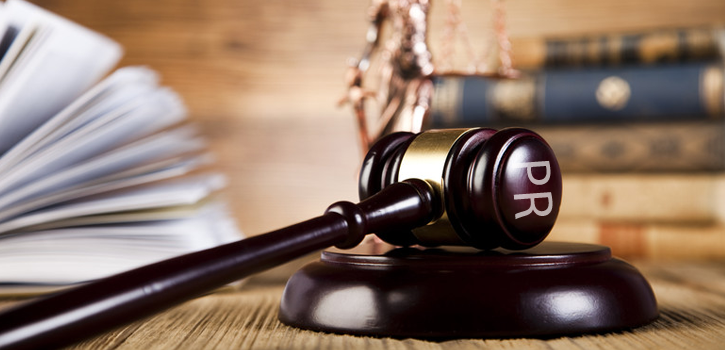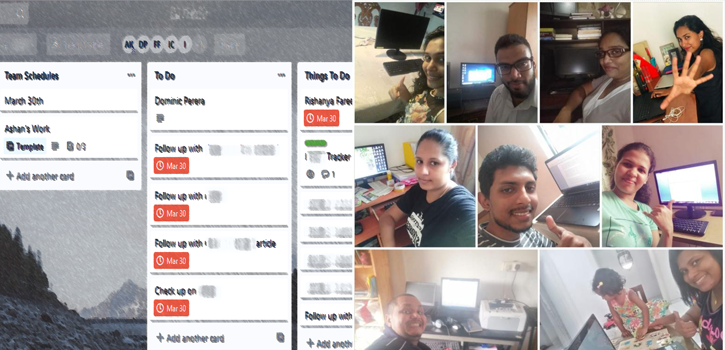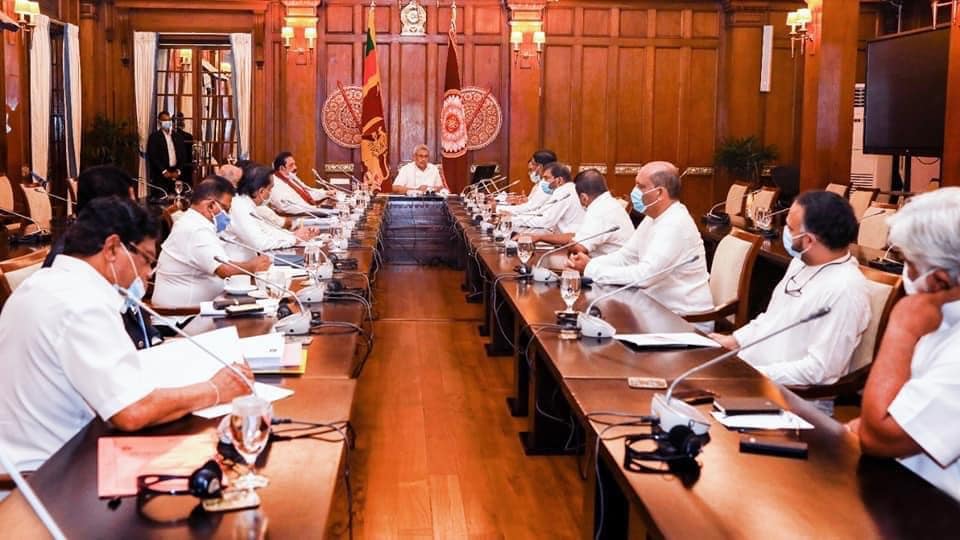
By Shonel Perera
The Coronavirus outbreak took the world by storm and has citizens coming up with new ways to adjust to the quarantine life balancing work lives and family lives simultaneously without easy access to almost anything. While the priority lies within protecting and safeguarding human lives, millions are struggling to push forward with their lives due to massive hindrances in their line of employment. Organizations are also combating the virus with the difficulties in remote work while supply chains are disrupted and millions suffer from a loss of income or revenue.
The legal aspect is one that cannot be overlooked as organizations try to protect their businesses and employees struggle to secure their employment.
A checklist of issues to consider
- Crisis management: Organizations should review existing policies and make sure the key employees and rankings of the organization are accustomed with them. Develop a consistent and accurate method of communicating. Place authority in the right hands for immediate decisions that need to be made to safeguard your employees and the organization in legal terms.
- Employment issues: It is the duty of the employer to ensure that steps are being taken to safeguard the health and security of employees at work. Review and assess what changes may be necessary or appropriate for your HR policies, such as leave, flexible work and part time hours if necessary.
- Dispute resolution: any event that leads to public disruption can be a fertile breeding ground for disputes to arise. Consider carefully commercial contract terms, including ‘force majeure’ and notice requirements, and be alert to inadvertently agreeing to a contractual variation/waiver.
- Communication is key: Be precise and clear with communication with key stakeholders with the impact the outbreak has on your business. Investors, customers, suppliers, and staff will all need to be informed about how the business is dealing with the issue and what it means for them so you can prevent any minimal legal repercussions.
- Bear in mind disclosure obligations: Disruption of materials, a material change in the company’s business plan; or a pending transaction to be cancelled or delayed as a result of the outbreak needs to be announced as early as possible.
- Financial reporting: companies need to consider whether to refer to the possible impact of COVID-19 on their business in their reporting of principal risks and uncertainties, and, potentially, in the carrying value of assets and liabilities and should ensure that they provide up-to-date and meaningful disclosure.
Additionally, in terms of finances of the public, In Sri Lanka, (In terms of Article 14814 of the Constitution), Parliament has full control over public finance. Article 149 – 152 of the Constitution provides for specific enumeration of this control, including in relation to government income / revenue and government expenditure. The Supreme Court in several determinations has concluded that Article 148 makes it mandatory that Parliament retains full control of matters relating to public finance. The Supreme Court has further explained that the obligation on Parliament to exercise full control means:
- Control over the sources of finances, i.e., imposition of taxes, levies, rates and the like and the creation of any debt of the Republic.
- Control by way of allocation of public finance to the respective departments and agencies of the Government and the setting of limits of such expenditure;
- Control by way of continuous audit and check as to due diligence in performance in relation to (i) and (ii) above.
Importantly, the Supreme Court goes further in its determinations in providing a rationale for why this control is important. Firstly, the full control by Parliament is part of the function of Parliament as a check on the executive. Secondly, Parliament is not exercising this power for its own benefit but is exercising power in “trust” for the people. As such, it is incumbent on Parliament to ensure that public finance is controlled in a transparent and open manner.
The Government has taken several steps over the past two weeks in order to prevent the spread of Covid-19 within Sri Lanka. These include;
- Placing individuals in quarantine both within their own homes and within government-run facilities, especially those who are suspected to have been exposed to the virus.
- Requesting persons who have returned to Sri Lanka from certain foreign countries to register with health officials and tracing such individuals who have not so registered.
- Declaring public holidays and other holidays to prevent mass gatherings.
- Declaring curfew in several parts of the country.
- Put in place mechanisms to coordinate delivery efforts of food and other essential items to citizens.
All of these were required measures to prevent the spread of the virus and to protect public health.










